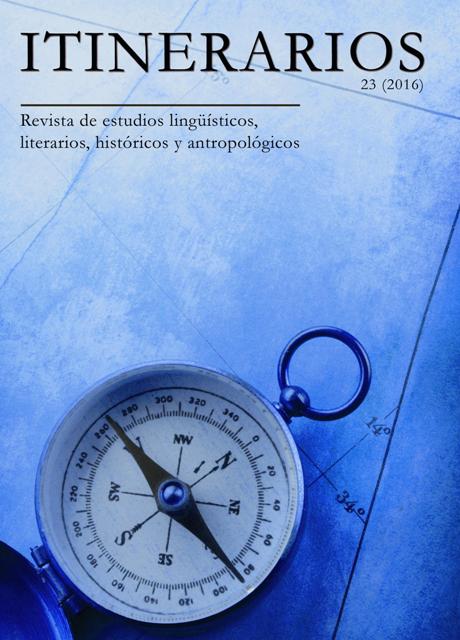Las propiedades del sujeto y la inacusatividad de los verbos de movimiento en castellano medieval
The Properties of Subject and Unaccusativity of the Motion Verbs in Old Spanish
Author(s): Mercedes SuárezSubject(s): Language and Literature Studies
Published by: Instytut Studiów Iberyjskich i Iberoamerykańskich, Wydział Neofilologii, Uniwersytet Warszawski
Keywords: unaccusativity; subject; semantics; pragmatics and discourse
Summary/Abstract: The Unaccusative Hypothesis states that the Subject of unaccusative verbs is an underlying or deep direct object; and thus, it is semantically patient and displays many syntactic properties of a direct object of transitive verbs, which have been interpreted as unaccusative diagnostics. For modern Spanish the following unaccusativity tests have been proposed: tendency of the subject to be in a postverbal position, the possibility of the unaccusative verbs to take postverbal bare subjects, and, according to many researchers, the preference to have indefinite subjects. The inherently directed motion verbs, such as arrive, come, come in and go, are often considered unaccusative by the followers of Unaccusative Hypothesis. In this paper we analyze the semantic and syntactic properties of the subject of these verbs in Old Spanish and we show that the subject, at times, has the semantic function of a Patient and, at others, of an Agent. For this reason, they cannot only be labeled as unaccusative verbs, because they also present inergative constructions according to this parameter. On the other hand, the proposed properties as unaccusative diagnostics can be explained from the semantic, pragmatic and discourse factors which govern the information distribution in the clause. Consequently, their value as unaccusative diagnostics declines.
Journal: Itinerarios
- Issue Year: 2016
- Issue No: 23
- Page Range: 155-174
- Page Count: 20
- Language: Spanish

